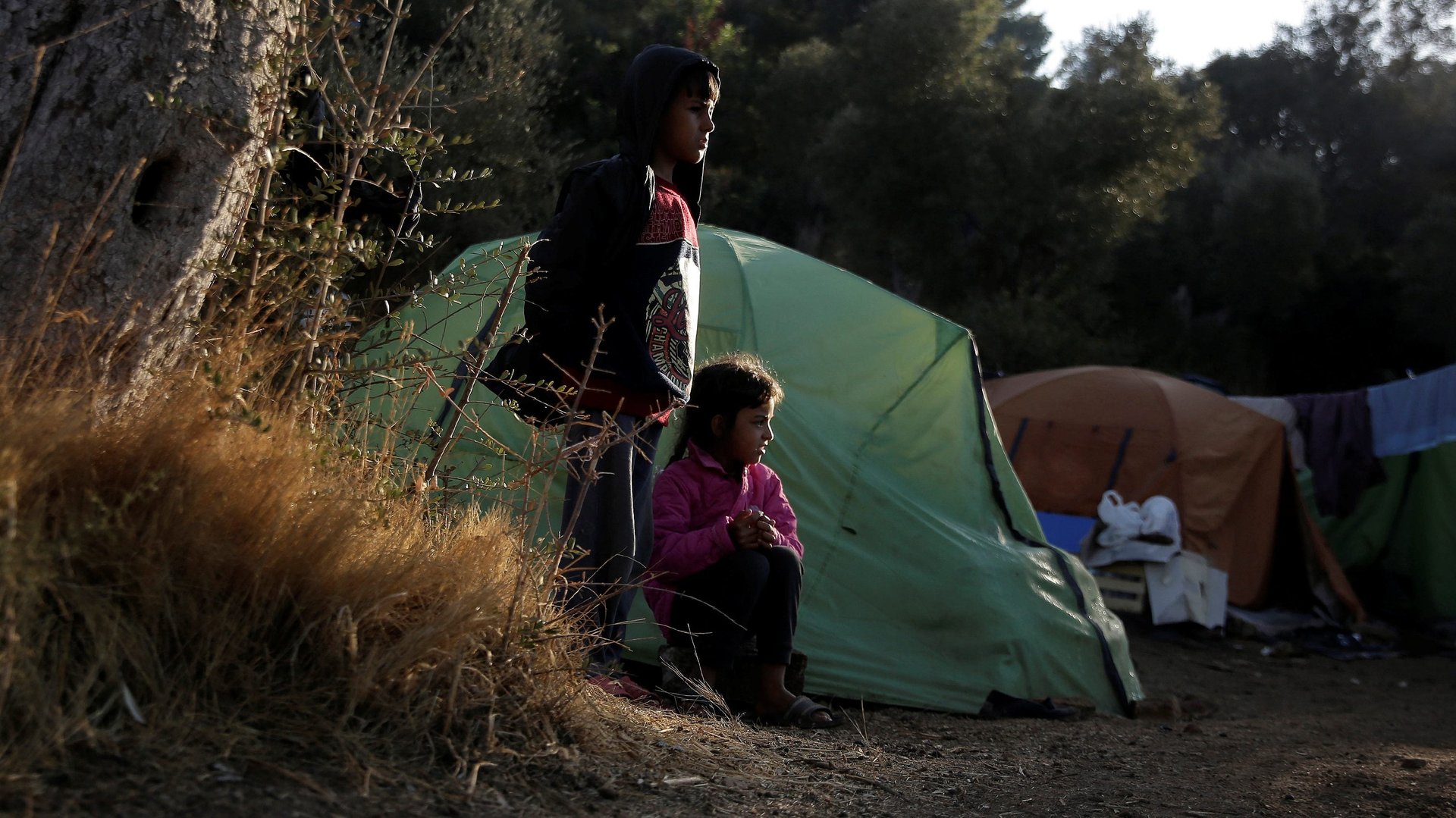The EU-Turkey deal returned just 4% of migrants who undertook the dangerous journey to Greece
A controversial deal allowing the EU to ship migrants back to Turkey has stemmed the flow of people reaching Europe by sea. But it has done very little to actually return them to Turkey.


A controversial deal allowing the EU to ship migrants back to Turkey has stemmed the flow of people reaching Europe by sea. But it has done very little to actually return them to Turkey.
The EU-Turkey deal was signed in March 2016; a month later, arrivals to Greece dropped by a staggering 90%. Though the flow of migrants decreased, the deal didn’t stop irregular migration completely. From April 2016 till now, 45,972 migrants crossed over to Greece.
Since the deal was implemented, just 1,896 migrants (pdf) have been returned to Turkey, according to a recent report by EU. In other words, just 4% of migrants who crossed over to Greece since the deal was signed have been returned.
The deal sees Turkey receive up to €6 billion ($6.8 billion) in aid, visa-free travel to Europe for Turkish citizens, and renewed EU membership talks in return for Turkey agreeing to take back those who cross over to Greece. The EU supreme court recently ruled that Syrian refugees unwilling to return to Turkey could be sent back by force.
The report notes that “returns from the Greek islands to Turkey remain much lower than the number of arrivals.” Since September, the EU resettled 8,834 Syrians from Turkey. The report calls for an increase in the number of Syrian refugees being resettled to “demonstrate that an alternative legal route to the EU remains open for Syrian refugees in Turkey.”
The report blames the slow pace of return on the massive backlog of processing asylum applications in Greece. Among those returned, 831 non-Syrians who were eventually repatriated to their countries of origin, while 57 non-Syrians applied for asylum in Turkey. Most of the returned Syrians were pre-registered for temporary protection in Turkey.
Greece saw a jump in the number of refugees and migrants entering the country last month, with over 200 men, women and children being registered every day. This increase has put extraordinary pressure on already over-crowded shelters and health facilities. NGOs are particularly worried about the number of children traveling alone; according to Save the Children around 40% of the new arrivals were under the age of 18.